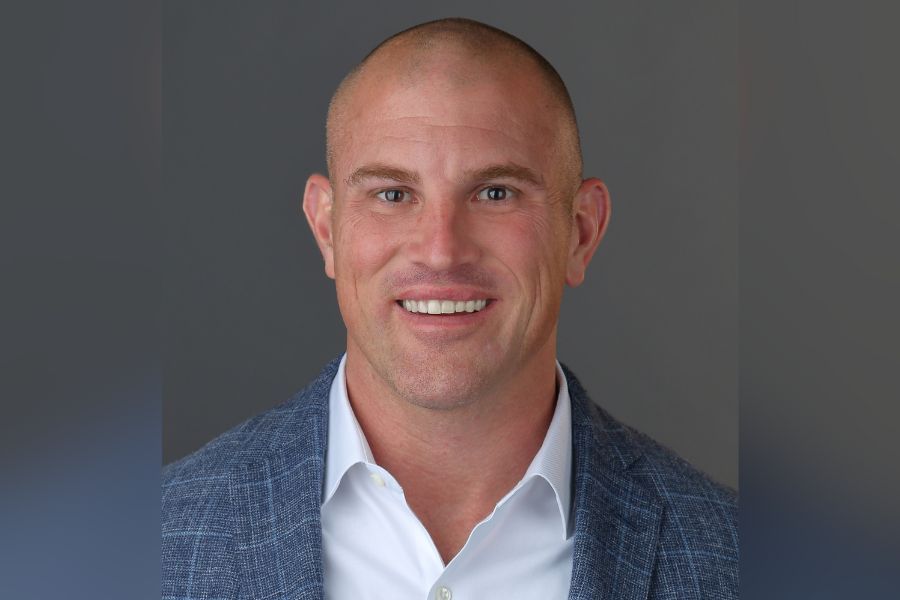Startup firm allows homeowners to tap equity without payments
Baby boomers who are rich in real estate now can get cash out of their homes without taking on debt or making a payment, but at least one competitor questions whether the idea is a Faustian bargain.
SAN FRANCISCO — Baby boomers who are rich in real estate now can get cash out of their homes without taking on debt or making a payment, but at least one competitor questions whether the idea is a Faustian bargain.
Real Estate Equity Exchange Inc. will give a consumer cash representing up to 15% of their home’s value in exchange for a cut of up to 52.5% of the capital appreciation when the property is sold. The San Francisco-based startup, which is known as “Rex,” gets 3.5% of the gains for every 1% it pays the consumer for the option.
That is a price that many a consumer should balk at, according to Scott Hanson, managing principal of Sacramento, Calif.-based Hanson McClain Inc., which manages $1.1 billion.
“The biggest downside is the 50% of capital gains for a measly 15% of the house,” said Mr. Hanson, who also is co-owner of Liberty Reverse Mortgage Inc. of Rancho Cordova, Calif., which originated about 2,400 reverse mortgages last year. “It doesn’t sound like a great deal to me.”
The typical origination fee for a reverse mortgage is about $17,000, industry observers say.
Rex shares in the downside with the homeowner — something an originator of a reverse mortgage doesn’t do, according to Jeff Cusack, Rex’s managing director of sales and marketing.
Consumers don’t pay taxes on the cash they receive from Rex, and they have up to 50 years to sell their homes, he added.
“This is the first time homeowners have had access to an enormous pool of capital without any debt to service,” added Mr. Cusack, the former head of separate accounts for Charles Schwab & Co. Inc. of San Francisco.
At the time the house is sold, there is a service charge of approximately $15,000.
The sheer size of the housing market — combined with the onslaught of retiring baby boomers who are real estate rich and cash poor — puts Rex’s product in the right place at the right time, according to Kirk Michie, a San Francisco-based managing director with Lenox Advisors Inc. of New York, which manages $1.4 billion.
Shot from AIG
“I think they’re going to be massively successful,” because retiring baby boomers are crying out for a way to tap equity locked in their home, he said.
Americans have $11 trillion of home equity, which compares with $15 trillion of stock holdings and $25 trillion of bond holdings, according to Rex.
American International Group Inc. of New York became the largest shareholder of Rex in December.
The company has agreed to provide the capital to homeowners through a hedge fund it set up, Odin Investment Management LLC of San Francisco. AIG also is the largest participant in that fund.
The company sees enough demand from institutional investors to put up the capital necessary to purchase these options through Rex.
“I now have virtually unlimited capability for originations,” Mr. Cusack said.
The institutional investors get access to equity in the housing market. The closest alternative — real estate investment trusts — may own apartment buildings but not houses.
Institutions’ demand for houses stems from the asset’s proven strength and its value as a hedge to the stock market. When the technology bubble burst, the housing market boomed.
Lately, the two markets have largely switched roles, with houses languishing as tech stocks rise, Mr. Cusack said.
But individual investors are using the Rex product largely to hedge their own bets, by shifting wealth from home equity to securities and real estate investments, according to John Anderson, chief executive of Residential Mortgage Corp., a Los Olivos, Calif.-based mortgage brokerage company with seven offices that originate about $250 million in loans annually.
“In 90% of the cases, customers used it to reinvest in securities or additional real estate,” said Mr. Anderson, who participated in a pilot program for nearly a year by offering the product to his clients. “We work with a lot of financial planners and accountants.”
But advisers ought to crunch the numbers carefully before jumping into one of these transactions, Mr. Hanson said. “You’d have to go out a lot of years before 50% of the appreciation would be a better deal for you” than paying the 6.5% rate his company charges for a reverse mortgage, he said.
Mr. Anderson disagrees.
“It runs circles around reverse mortgages,” he said.
“You can take out equity with no repayments,” Mr. Anderson said. “We’re probably not going to even market reverse mortgages anymore.”
In addition to California, the Rex offering is available in Florida, Illinois, New Jersey, Virginia and Washington.
Rex has some pedigreed talent behind the scenes, such as its chief executive, Thomas Sponholtz, a former co-head of active fixed income who oversaw $140 billion for Barclays Global Investors of San Francisco.
The company’s president, Michael Berman, is the former chief executive of Nomura Holding America Inc. of New York and chairman of Nomura’s commercial-real-estate-lending subsidiary, which oversaw $50 billion in principal positions when he was there.
Rex’s chief operating officer, Graham Williams, increased mortgage originations to $20 billion, from $5 billion, annually for General Electric Mortgage Capital, now the mortgage arm of Genworth Financial Inc. of Richmond, Va., and was responsible for risk management of its $230 billion single-family-residential-mortgage position.
Learn more about reprints and licensing for this article.







